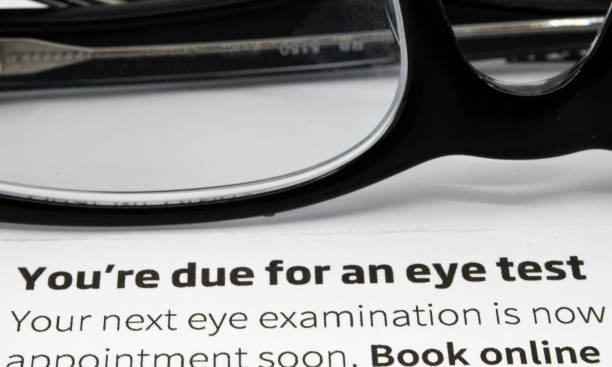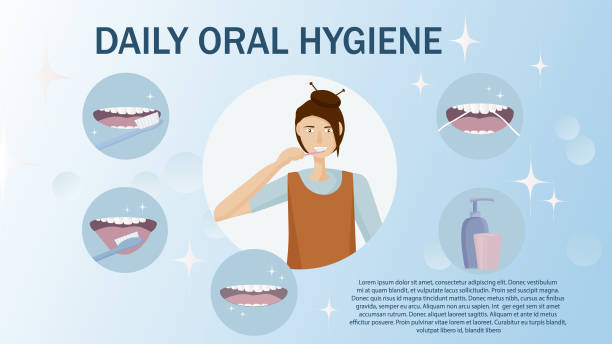Why Prenatal And Postpartum Depression Treatment Makes a Difference for New Moms
Becoming a mother should be one of life’s most joyful experiences, but for many women, it comes with unexpected emotional challenges. Up to 1 in 8 women suffer from postpartum depression (PPD) (Psychology Today, 2024), making it one of the most common complications of childbirth.
Yet countless mothers struggle in silence, thinking their feelings are temporary or that they should be able to handle everything on their own.
The reality is that both prenatal and postpartum depression are serious medical conditions that respond well to treatment, and getting help can transform not just a mother’s experience but her entire family’s well-being.
Understanding the Scope of Prenatal and Postpartum Depression
Depression during pregnancy and after childbirth affects millions of women worldwide, yet many don’t realize how treatable these conditions are. Prenatal And Postpartum Depression treatment has evolved significantly over the past decade, offering hope and healing to mothers who once felt trapped by their symptoms.
What Makes These Conditions So Common
Prenatal depression treatment becomes necessary when hormonal changes, stress, and life adjustments overwhelm a woman’s coping mechanisms. The surge of pregnancy hormones can trigger mood changes that go far beyond typical pregnancy emotions. Sleep disruption, physical discomfort, and anxiety about the future all contribute to this perfect storm.
Prenatal And Postpartum Depression treatment addresses the dramatic hormonal shifts that occur after delivery. Estrogen and progesterone levels plummet rapidly, while the demands of caring for a newborn increase exponentially. It’s not surprising that so many women find themselves struggling during this vulnerable time.
The Ripple Effects on Families
When a mother experiences depression, it doesn’t just affect her. Partners often feel helpless and overwhelmed, unsure of how to provide support. Children, especially older siblings, may sense the tension and struggle with their own emotions. Depression treatment for new moms helps stabilize the entire family system, creating a healthier environment for everyone.
Research shows that untreated maternal depression can impact a child’s development, affecting everything from sleep patterns to social skills. The sooner treatment begins, the better the outcomes for both mother and child.
Why Early Recognition Matters
Many women dismiss their symptoms as normal “baby blues” or feel ashamed about not being instantly happy with their new role. However, mental health for new mothers requires the same attention as physical health. Early intervention can prevent symptoms from worsening and help mothers bond with their babies more effectively.
Healthcare providers are increasingly screening for depression during pregnancy and postpartum visits, recognizing that emotional well-being is just as important as physical recovery.
The Life-Changing Impact of Professional Treatment
Professional treatment offers evidence-based approaches that can dramatically improve a mother’s quality of life. These interventions address both the immediate symptoms and the underlying factors contributing to depression.
How Prenatal Care Sets the Foundation
Starting prenatal depression treatment during pregnancy can prevent more severe postpartum symptoms. Therapy during pregnancy helps women develop coping strategies, process fears and anxieties, and build support networks before the baby arrives.
Prenatal mental health care also allows healthcare providers to monitor symptoms and adjust treatment plans as needed. Women who receive support during pregnancy often report feeling more prepared and confident about motherhood.
Postpartum Support During Critical Months
Postpartum depression support is most effective when it’s comprehensive and ongoing. The first few months after childbirth are particularly vulnerable, as mothers adjust to sleep deprivation, physical recovery, and new responsibilities.
Treatment during this period focuses on practical coping strategies, emotional regulation, and rebuilding confidence. Many women find that having professional support makes the difference between merely surviving and actually thriving as a new mother.
Long-term Benefits for Mother and Child
The benefits of treatment extend far beyond the immediate postpartum period. Mothers who receive help for depression report better relationships with their children, improved marital satisfaction, and greater overall life satisfaction years later.
Children of mothers who received treatment show better emotional regulation, stronger attachment patterns, and fewer behavioral problems. The investment in maternal mental health pays dividends throughout a family’s life.
Breaking Down Treatment Options That Work
Modern treatment approaches are flexible and can be tailored to each woman’s specific needs and circumstances. There’s no one-size-fits-all solution, which is why having multiple options is so important.
Therapy Approaches That Connect
Talk therapy remains one of the most effective treatments for perinatal depression. Cognitive-behavioral therapy helps women identify and change negative thought patterns, while interpersonal therapy focuses on relationship issues that might contribute to depression.
Many women find group therapy particularly helpful, as it connects them with other mothers facing similar challenges. The sense of community and shared experience can be incredibly healing.
Medication Support When Needed
When therapy alone isn’t sufficient, medication can provide crucial support. Many antidepressants are safe during pregnancy and breastfeeding, though the decision should always be made in consultation with healthcare providers.
The key is finding the right balance between managing symptoms and ensuring safety for both mother and baby. Recent advances in maternal mental health have led to more options and better understanding of medication effects.
Comprehensive Care Models
The most effective treatment approaches combine multiple strategies. This might include therapy, medication, support groups, and lifestyle modifications all working together.
Some programs also incorporate partners and family members, recognizing that depression affects the entire family system. This holistic approach tends to produce the best long-term outcomes.
Overcoming Barriers to Getting Help
Despite the effectiveness of treatment, many mothers face significant barriers to accessing care. Understanding and addressing these obstacles is crucial for improving maternal mental health outcomes.
Financial Concerns and Insurance Coverage
Cost can be a major barrier, especially for families already dealing with the expenses of a new baby. However, many insurance plans now cover mental health services, including therapy and medication for perinatal depression.
Medicaid programs have expanded coverage for postpartum mental health services, with many states now providing coverage for up to 12 months after delivery. This extended coverage recognizes that postpartum depression can develop or persist well beyond the immediate recovery period.
Finding Time and Childcare
New mothers often struggle to find time for appointments, especially when dealing with unpredictable infant schedules. Many providers now offer flexible scheduling, including evening and weekend appointments.
Telehealth options have expanded significantly, allowing mothers to access therapy from home. This can be particularly helpful for those with transportation challenges or difficulty arranging childcare.
Addressing Stigma and Shame
Perhaps the biggest barrier is the stigma surrounding maternal mental health. Many women feel they should be naturally happy and capable, making it difficult to admit they’re struggling.
Education and awareness campaigns are helping to normalize these experiences, but individual support is often needed to overcome feelings of shame or failure.
Treatment Comparison: Finding the Right Approach
| Treatment Type | Timeline | Effectiveness | Best For |
| Individual Therapy | 6-12 weeks | High | Processing emotions, developing coping skills |
| Group Therapy | 8-10 weeks | High | Building community, shared experiences |
| Medication | 2-6 weeks to see effects | Moderate-High | Severe symptoms, chemical imbalances |
| Combination Approach | 3-6 months | Highest | Comprehensive symptom management |
FAQ
Do prenatal help with postpartum depression?
While there haven’t been conclusive studies on folate’s role in treating postpartum depression, continuing prenatal vitamins or taking B-100 complexes with folic acid may provide some benefit for overall mental health.
Why is postpartum mental health care important for new parents?
Untreated postpartum depression can affect a child’s healthy development, causing delays in language development, learning problems, and difficulties with mother-child bonding. Getting help protects both mother and child.
Are you more likely to have postpartum depression if you have prenatal depression?
Yes, having a history of mental health problems during pregnancy or earlier in life increases your risk of developing postnatal depression. This makes prenatal care even more important.







